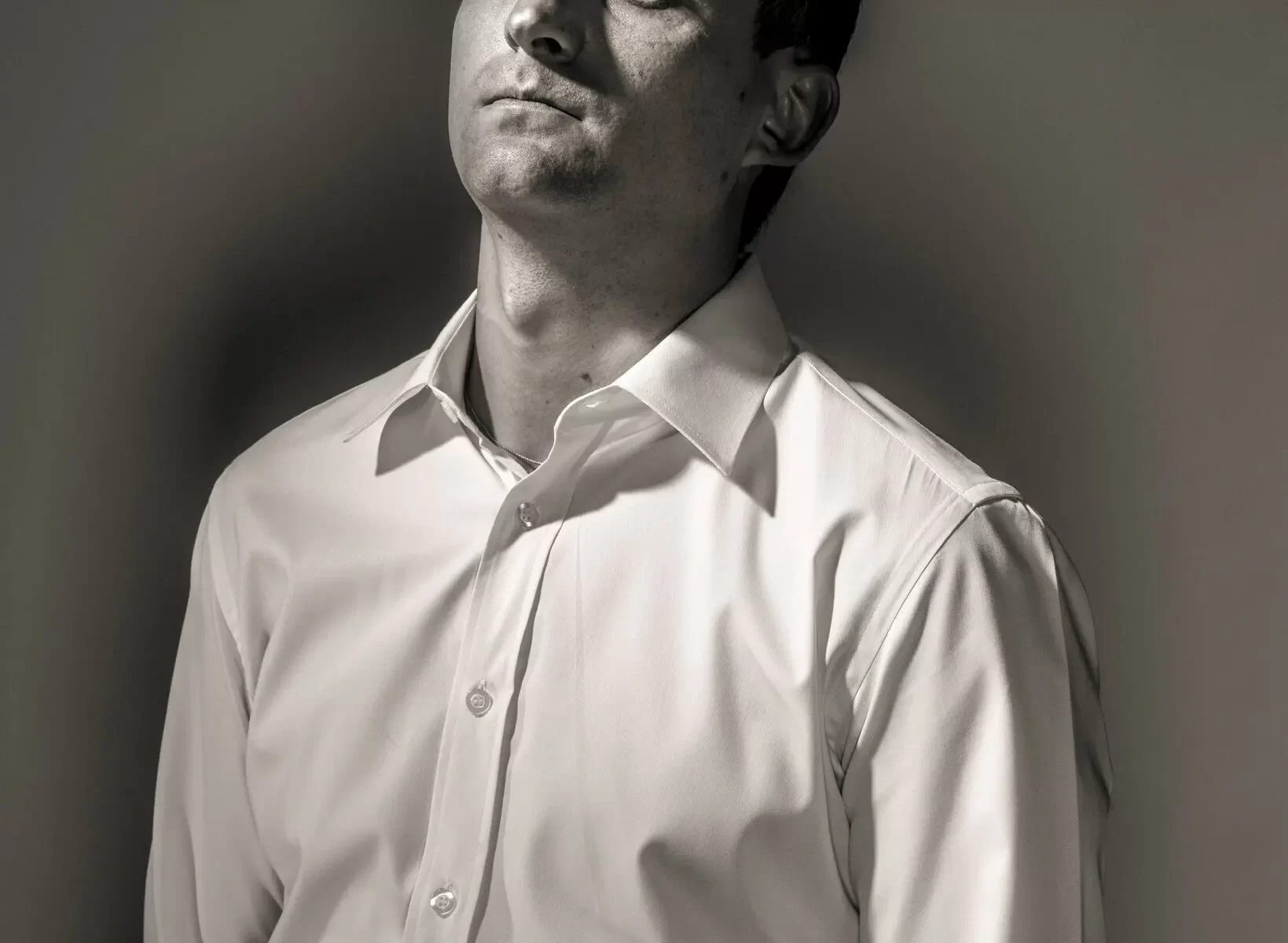Is the F.A.A. really ensuring safety by disqualifying pilots who receive a diagnosis or treatment? Troy Merritt, a pilot, sought professional help for his mental-health challenges and then had to go through an arduous process to regain his certification to fly…
Troy Merritt, a pilot for a major U.S. airline, returned from his 30th birthday trip in Croatia in October 2022 — sailing on a catamaran, eating great food, socializing with friends — and cried. This wasn’t back-to-work blues but collapsed-on-the-floor, full-body-shaking misery. When he wasn’t crying, he slept.
“I’ve got to find a therapist,” he told himself. And he did, quickly. If that therapist didn’t write down “depression,” Merritt would be OK. He could still fly planes, keep his job — as long as he wasn’t diagnosed with a mental illness.
Merritt, like all pilots, knew that if he was formally diagnosed with a mental-health condition, he might never fly a plane again.
By Helen Ouyang, Read by Emily Woo Zeller, Produced by Jack D’Isidoro, Narration produced by Tanya Pérez and Krish Seenivasan, Edited by John Woo, Original music by Aaron Esposito, Engineered by Sonia Herrero and Quinton Kamara
